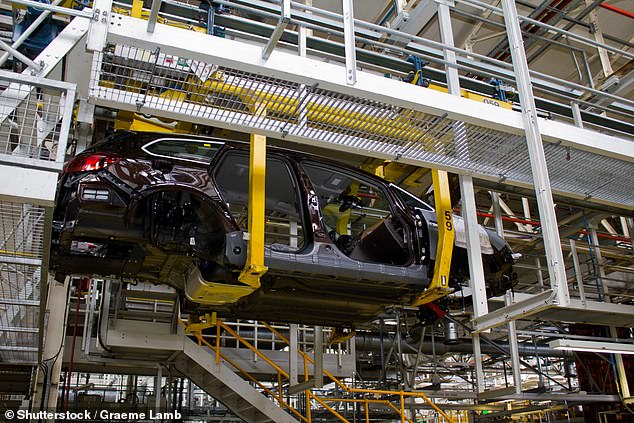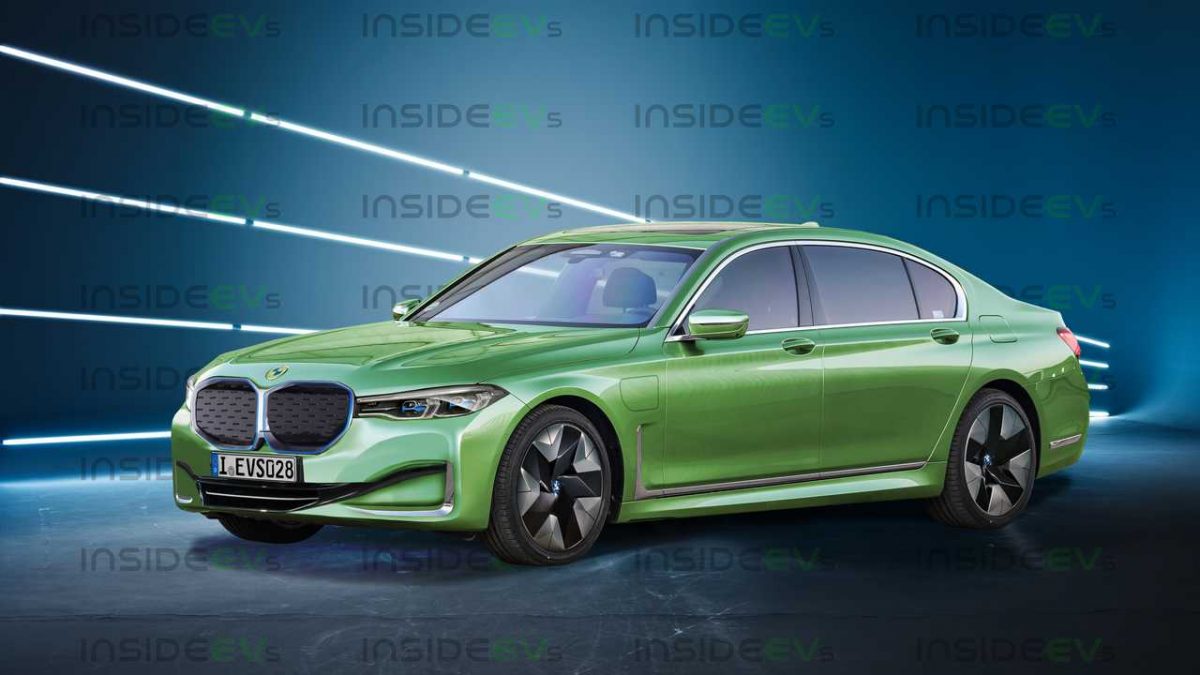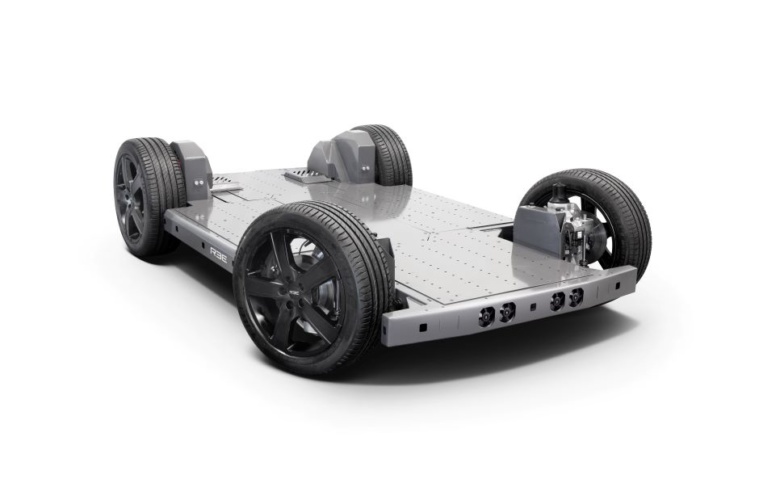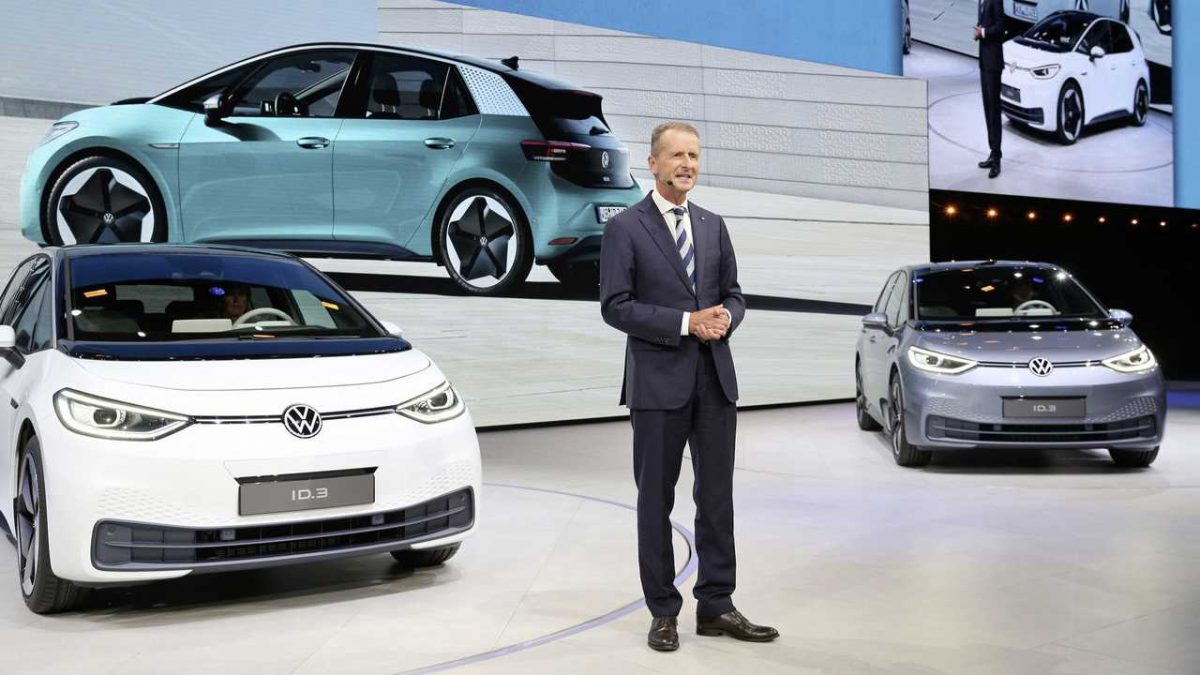Dingolfing. Last Saturday’s rollout of the BMW M4 GT3 at the BMW Group plant in Dingolfing (GER) marked an important milestone in the development of the new BMW icon for the GT racing scene. After months of virtual work, BMW works driver Augusto Farfus (BRA) heralded the next phase of preparations, taking the new car… Continue reading @BMW: Development milestone: BMW M4 GT3 rolled out at BMW Group plant in Dingolfing.
Tag: BMW
Xpeng Raises $500 Million Even as China EV Market Sputters
1 / 2 Xpeng Raises $500 Million Even as China EV Market Sputters (Bloomberg) — Electric-vehicle maker Xpeng Motors raised about $500 million from a group of venture investors, showing Chinese startups with promising car models can attract funding even as the industry’s sales slump. Investors in the Series C+ financing round include Aspex Management,… Continue reading Xpeng Raises $500 Million Even as China EV Market Sputters
Car maker: Investors praise Daimler CEO: “Källenius ends his predecessor’s dreams”
Ola Källenius The new mantra of the Daimler CEO is “Margin comes before quantity”. (Photo: dpa) Munich The carmaker has been fighting for two and a half years Daimler with steadily falling profits. The crisis of the Dax group is far from over. As a result of the corona crisis, the Mercedes manufacturer even reported… Continue reading Car maker: Investors praise Daimler CEO: “Källenius ends his predecessor’s dreams”
Vauxhall’s Ellesmere Port factory to restart car production after 5 MONTHS – This is Money
Production at Vauxhall’s UK car factory will resume from August 17, exactly five months after owners Groupe PSA closed the shutters on the vehicle plant. The assembly line was forced to stop operating on 17 March, one week before Britain was put into lockdown as global industries closed due to the coronavirus pandemic. But while… Continue reading Vauxhall’s Ellesmere Port factory to restart car production after 5 MONTHS – This is Money
Car maker: Daimler’s quarterly loss is lower than expected
Mercedes Star Daimler’s loss in the second quarter was lower than expected. (Photo: Reuters) Stuttgart The Car maker Daimler In the second quarter, it performed better on some indicators than it expected from experts. Earnings before interest and taxes (EBIT) across the group were minus 1.68 billion euros. Adjusted EBIT therefore came to minus 708… Continue reading Car maker: Daimler’s quarterly loss is lower than expected
BMW 7 Series EV, Which Might Be Called i7, Spotted Under Camouflage
BMW is not investing in a bespoke flagship electric sedan, unlike Mercedes-Benz which is working on the EQS, a vehicle that’s totally different compared to the new soon-to-be-revealed S-Class. Bavaria’s answer to the EQS, and other bespoke luxury electric sedans like the upcoming Jaguar XJ, will just be a different version of the upcoming 7… Continue reading BMW 7 Series EV, Which Might Be Called i7, Spotted Under Camouflage
@BMW: BMW Group continues to drive electromobility: Long-term supply contract with Northvolt for battery cells from Europe concluded
Munich. The BMW Group is driving the expansion of electromobility and has signed a long-term supply contract worth 2 billion euros for battery cells with the Swedish company Northvolt. The battery cells will be produced in Europe at the Northvolt gigafactory currently under construction in Skellefteå in northern Sweden (series plant Northvolt Ett) from 2024.… Continue reading @BMW: BMW Group continues to drive electromobility: Long-term supply contract with Northvolt for battery cells from Europe concluded
Volkswagen: Dirk Hilgenberg becomes software director
Volkswagen once again expands the power of its new top manager Markus Duesmann (51). The Volkswagen development board and Audi boss will in future also be responsible for the increasingly important software development throughout the group, as Europe’s largest car maker announced on Wednesday. Under Duesmann, the previous BMW manager Dirk Hilgenberg takes over from… Continue reading Volkswagen: Dirk Hilgenberg becomes software director
@niche: Flat battery-pack chassis promises EV design freedom
A completely flat chassis and drivetrain components housed in a vehicle’s wheels could give automotive designers limitless freedom when creating tomorrow’s electric vehicles. Reeboard flat chassis (Image: REE Automotive) This is the claim of REE Automotive, an Israeli start-up whose REEcorner architecture integrates components including braking, electric-motor, steering, and suspension into the wheel before being… Continue reading @niche: Flat battery-pack chassis promises EV design freedom
Volkswagen Allegedly Demotes Head Of Software Division Due To ID.3 Issues
Even people that are not very familiar with EVs and Volkswagen have heard that the ID.3 will be put for sale without all its functionalities. That is a software issue, one that also delayed VW Golf’s deliveries, the most important car from the German brand. Someone had to pay for that. According to the German… Continue reading Volkswagen Allegedly Demotes Head Of Software Division Due To ID.3 Issues



